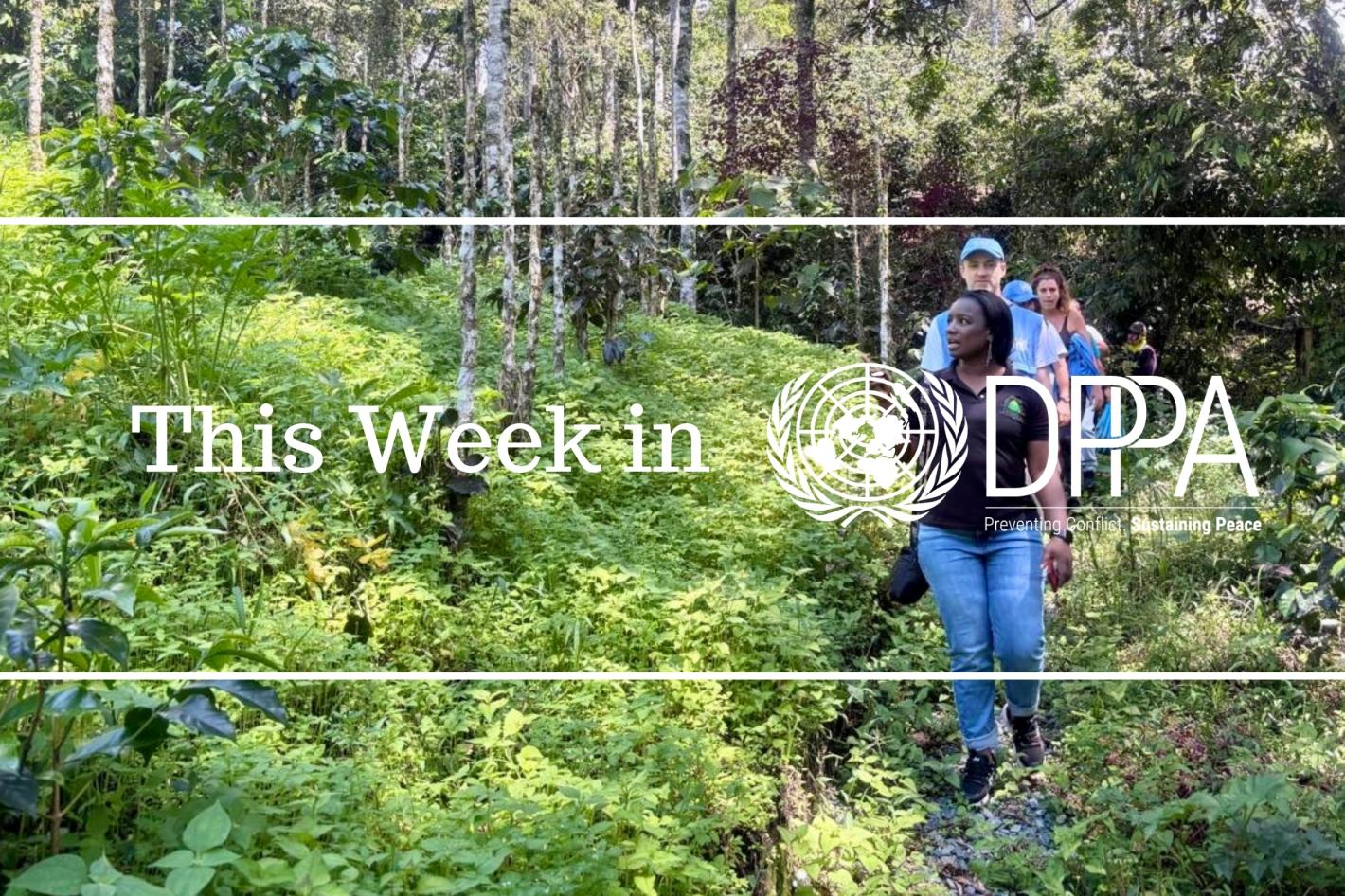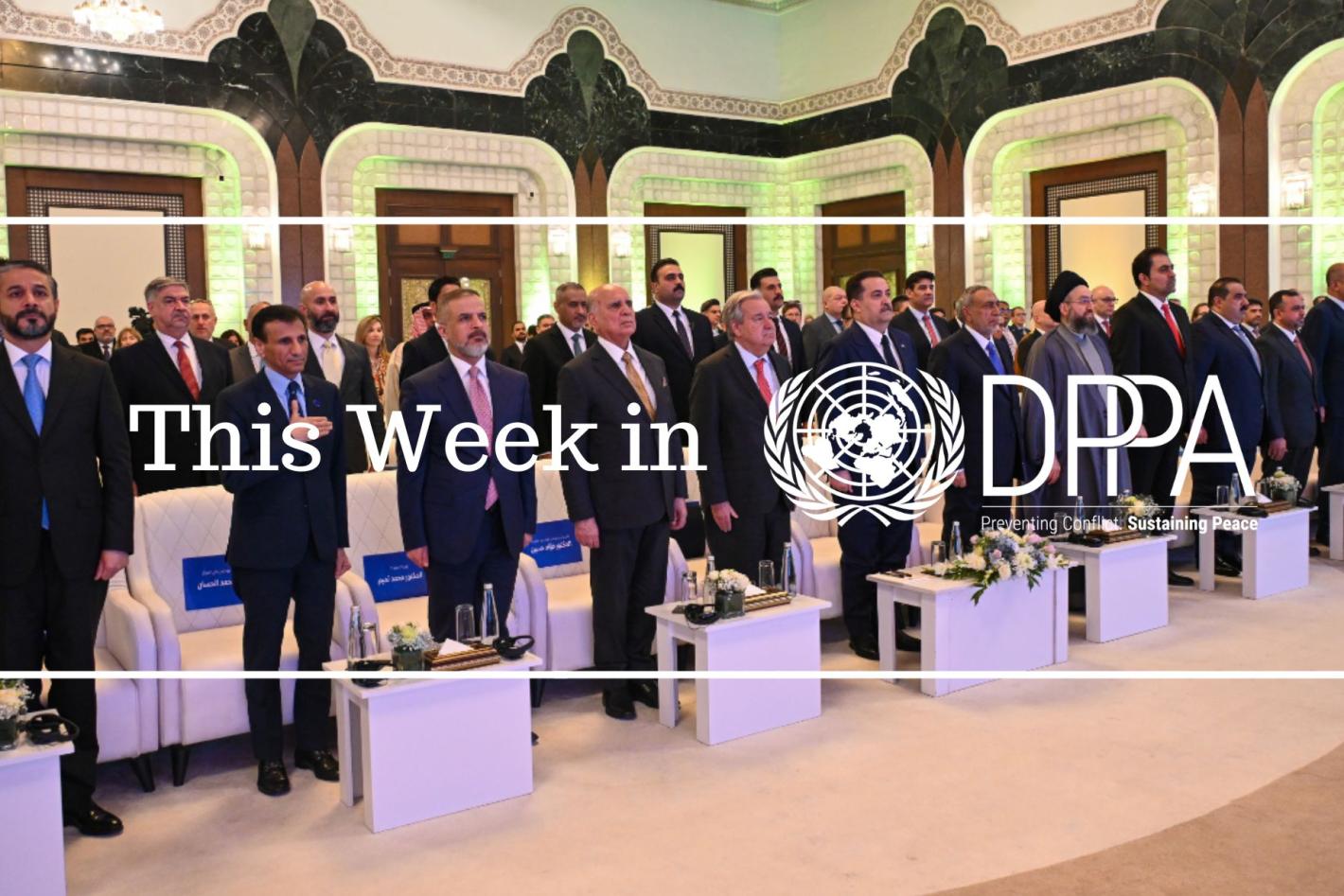Mister President,
Members of the Security Council,
I brief you today as the Middle East continues to confront the monumental challenge of containing the COVID-19 pandemic.
On 23 March, the Secretary-General launched an appeal for an immediate global ceasefire. On 11 April, my fellow Envoys to the Middle East and I echoed the Secretary-General’s call and restated our firm commitment to preventive diplomacy, to assisting all efforts to respond to the health...






